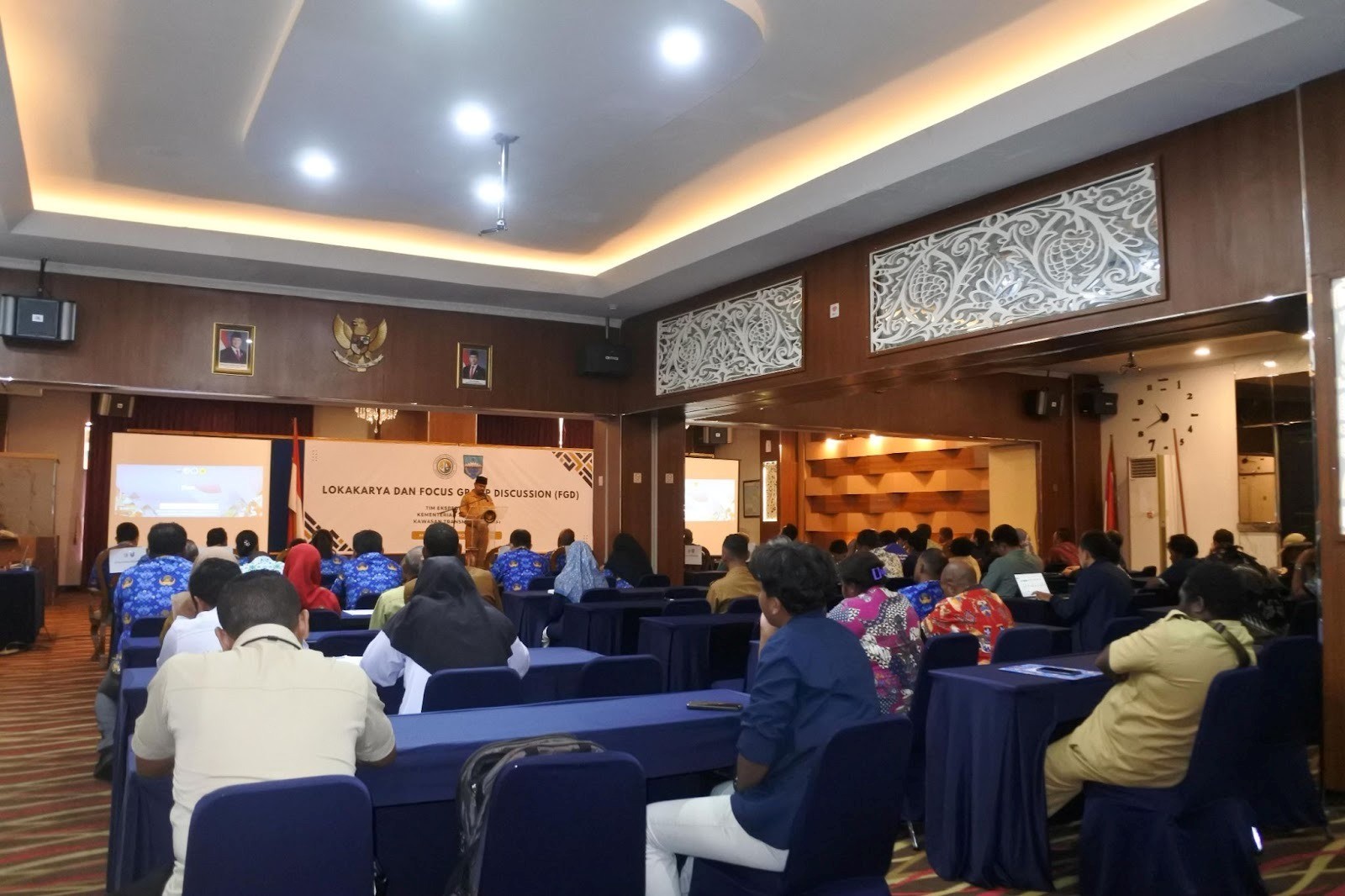ITB’s Center for Health and Sports Technology Promotes Future Health Technology Development
By Anggun Nindita
Editor Anggun Nindita

BANDUNG, itb.ac.id – The Directorate of Multidisciplinary Science and Technology Application (DPITM ITB) once again organized a presentation by the Centers and Research Centers (P/PP). This time, the presentation was delivered by the Head of the Center for Health and Sports Technology (PTKK), Dr. Hasballah Zakaria, S.T., M.Sc., under the theme "Advancing Technologies in Healthcare." The event took place at the Inter-University Center (PAU) Building on Tuesday (3/9/2024).
The Center for Health and Sports Technology (PTKK) was established in 2007. It aims to be a bridge between universities and industry to promote public health and sports. In line with its vision, PTKK actively engages in research and innovation to produce systems, hardware, software, and formulas. Many of these innovations have been showcased in competitions and have earned recognition.
Dr. Hasballah highlighted that PTKK’s primary focus is to connect experts and researchers with the broader community. The Center is committed to ensuring that every innovation undergoes clinical trials and receives proper certification. This focus aligns with PTKK’s research roadmap, which includes Biomolecular Sensing, Bioimaging & Image Processing (ABS), Bioinstrumentation, and Bioinformation Systems & Applications (YSI).
Dr. Hasballah identified three key drivers for future health technology innovation. The need for affordable healthcare services that can reach a broader population becomes the main factor. In addition, digital transformation and the rapid advancement of medical science and technology also fosters innovation.
Future health technologies will increasingly depend on virtual services, big data analysis, and technological advancements. Virtual services will leverage electronic media to reduce or replace in-person consultations. "Big data analysis will allow researchers to identify trends and meet various information needs. Meanwhile, technological advancements will generate innovations that simplify health assessments and treatments," he explained.
One notable innovation developed and marketed by PTKK is the NIVA (Non-Invasive Vascular Analyzer). NIVA is a tool that assesses blood vessel flexibility to detect cardiovascular disease. NIVA provides doctors with the risk level of cardiovascular conditions, enabling the doctors to suggest preventive measures.
"Currently, NIVA is undergoing a redevelopment stage to allow for segmental blood vessel analysis, providing more detailed results," he said.
Additionally, Dr. Hasballah also pointed out that Indonesia’s spending on medical devices remains at just 0.4%, far below the global standard in every country of at least 5%.
He expressed concern that many creative ideas, recognized internationally, have not gained sufficient attention domestically. This, according to him, is primarily due to underinvestment in the health sector. He hopes that innovations in health and sports technology will continue to grow and benefit a wider population.
Reporter: Chysara Rabani (Mining Engineering, 2022)
Translator: Hanifa Juliana (Urban and Regional Planning, 2020)
Editor: Anggi Nurdiani (Management, 2024)

.jpg)
.jpg)
.jpg)
.jpg)
.jpg)



